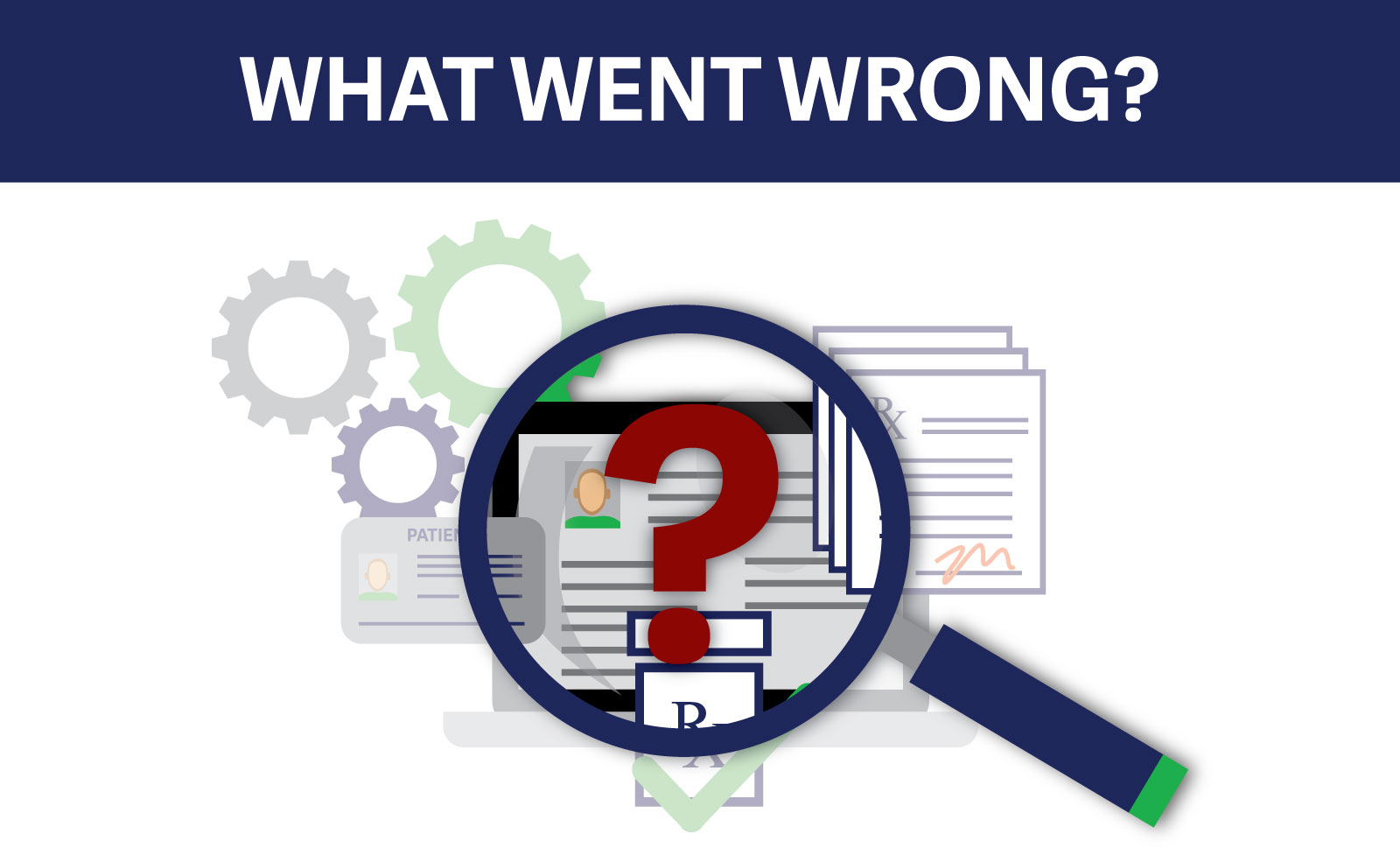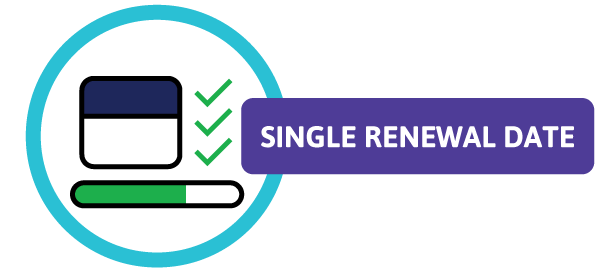What Went Wrong: Secure Pharmacy Deliveries
In providing medication for patients with restrictions in mobility, pharmacies with adequate resources are often called upon to provide home delivery services. This is a vital service which plays an important role in providing pharmacy access for many elderly and differently-able patients. Pharmacists are reminded of their legislated responsibilities when providing this service.
|
Health Professions Act, Bylaws, Schedule F, Part 1 – Community Standards of Practice Section 12(1) “Subject to subsection (2), a full pharmacist must consult with the patient or patient’s representative at the time of dispensing a new or refill prescription in person or, where not practical to do so, by telephone.” |
|
Pharmacy Operations and Drug Scheduling Act Bylaws, Section 4(4) “every registrant practicing in a pharmacy is responsible for the protection from loss, theft or unlawful sale or dispensing of all Schedule I, II, and III drugs and controlled drug substances in or from the pharmacy.” |
|
Pharmacy Operations and Drug Scheduling Act Bylaws Section 22 “A registrant must take reasonable steps to confirm the identity of a patient, patient’s representative, registrant or practitioner before providing any pharmacy service …” |
To meet these requirements, pharmacies offering home deliveries need to have processes in place to ensure the security of the drugs they are delivering as outlined in the Pharmacy Operations and Drug Scheduling Act Bylaws.
|
Pharmacy Operations and Drug Scheduling Act Bylaws, Section 10(a) A Community pharmacy’s manager must develop, document and implement an ongoing quality management program that: “maintains and enforces policies and procedures to comply with all legislation applicable to the operation of a community pharmacy,” |
Case Study
|
In March 2016, a pharmacy inadvertently delivered a medication blister pack to the wrong house. An elderly person – not a patient of the pharmacy in question – ingested three days of medication, including methotrexate, before the family discovered the mistake. The Inquiry Committee determined the pharmacy is ultimately responsible for delivering the right medication to the right patient, and to ensure the integrity of their delivery procedure. Their primary concern was that delivery staff should not leave medications in unsecured areas that are publically accessible, and the pharmacy’s delivery procedure should ensure the patient or patient’s agent is available to receive the delivery to confirm the correct patient is receiving the correct medication. Medications should only be left unattended in a secure area (inaccessible to the public) if previously agreed upon. The Inquiry Committee found this dispensing error to breach both public safety as well as patient privacy and confidentiality and requested the pharmacy manager to develop a delivery procedure to address these issues. The pharmacy included the following additional steps in their delivery procedure:
|


 Share
Share



